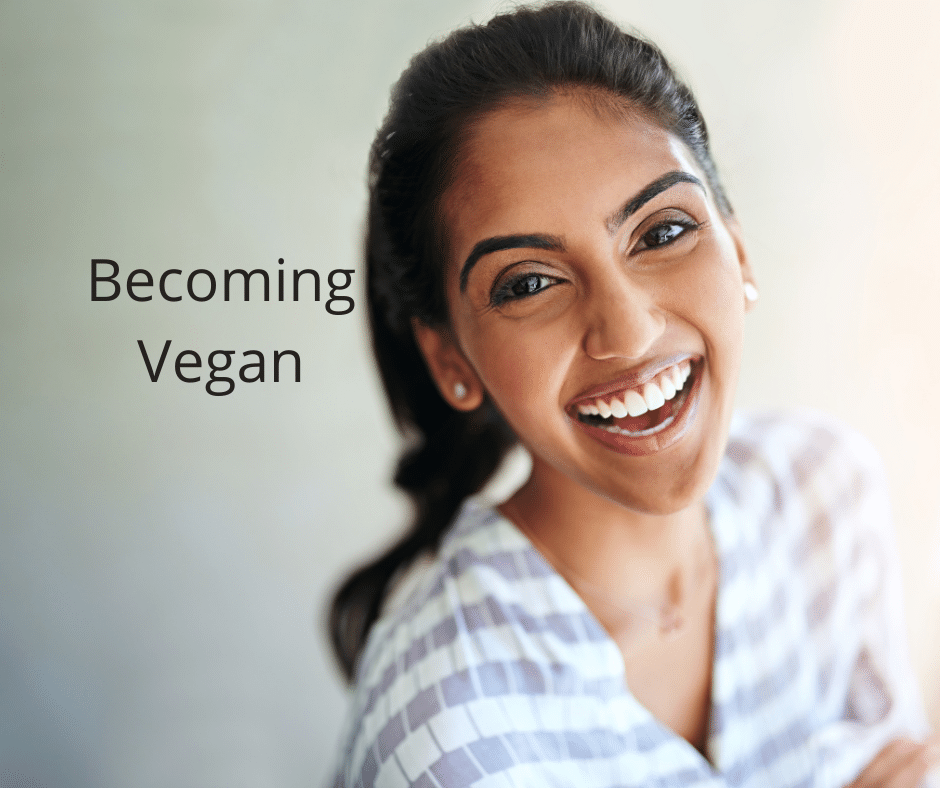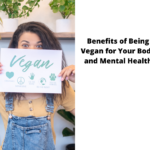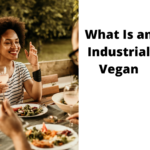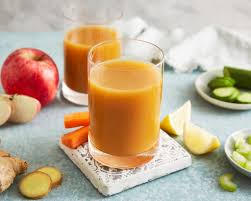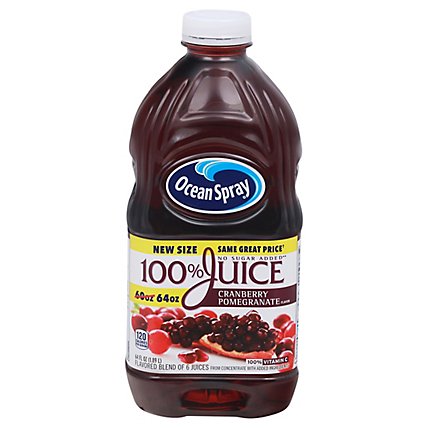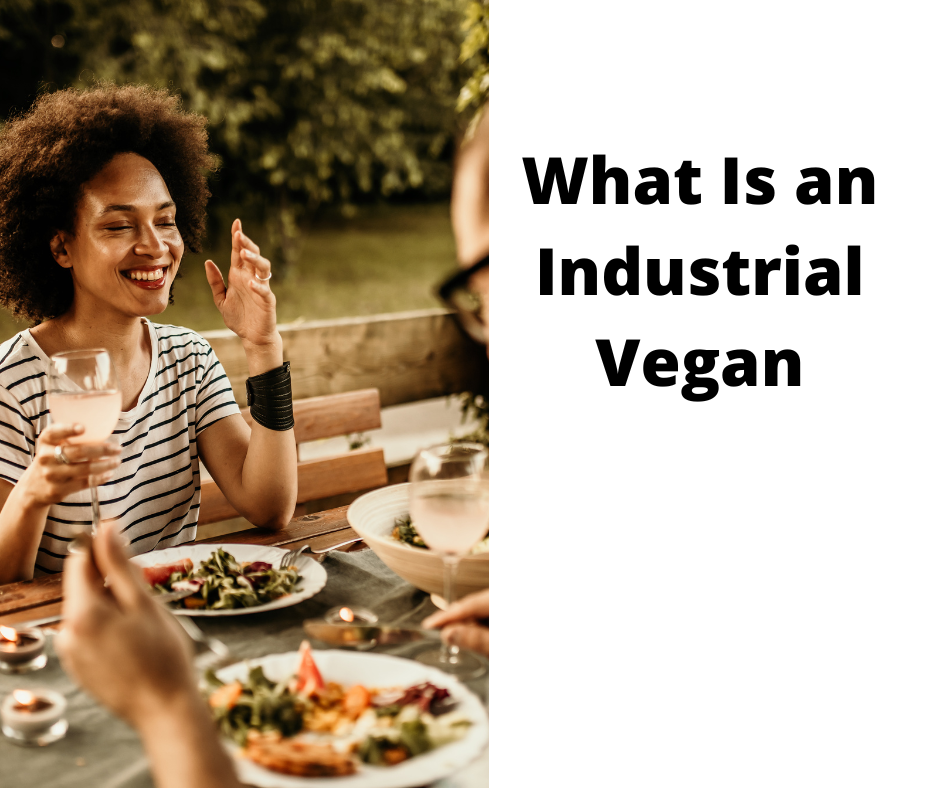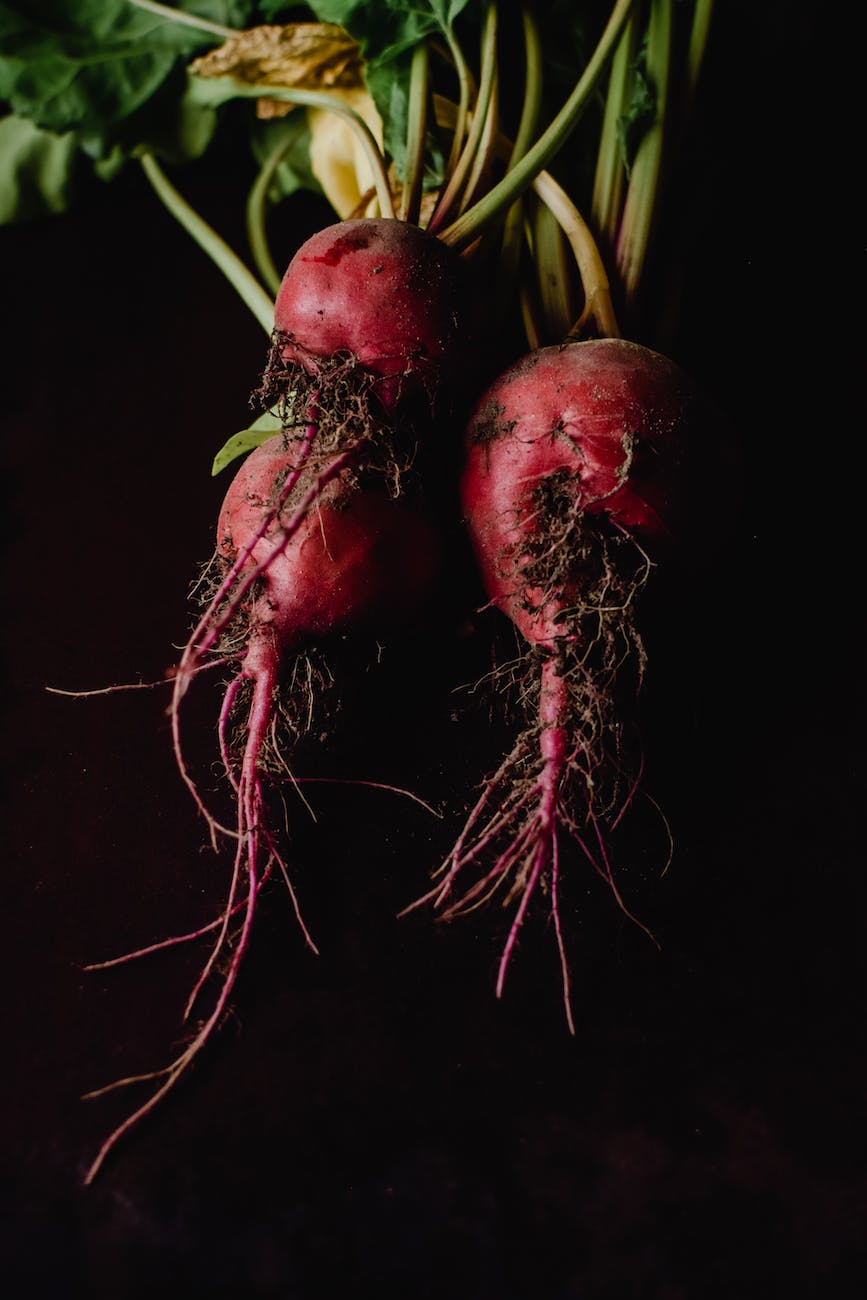Thinking about embracing a vegan lifestyle? You’re in good company! Recent data from Google shows that interest in veganism is at an all-time high. The excitement surrounding new vegan products is a clear indicator of why more and more people are choosing to live a vegan lifestyle. But it’s not just about following trends. Embracing veganism is a move towards a more compassionate way of life that benefits both animals and your own health.
What Does Vegan Mean?
Vegans avoid all products that are derived directly from animals. Vegans typically avoid meat, dairy, and egg products. Vegans avoid animal-derived ingredients and cosmetics that are tested on animals. They also prevent furniture and clothing from animal-derived materials like leather, suede, wool, and fur. Veganism is practiced across generations and cultures for many reasons.
Why Do People Become Vegan?
For the Animals
We all have unique relationships with animals throughout our lives. It’s not surprising that 75% of Americans are animal lovers.
We love animals and don’t want them to suffer. Millions of lovable, sentient animals are subject to daily abuse to be put on our plates. Behind closed doors, the meat business subjected pigs and chickens to some of the most severe abuse possible. They lock pigs in tight cages that prevent them from turning around. Just moments after they are born, they take helpless baby cows from their mothers. They even boil live chickens.
These abuses are precisely why slaughterhouses and factory farms don’t allow public tours. It would be a great help if more people could witness animal cruelty in factory farms. The best way to stop factory farms from causing such terror is to give up animals and switch to plant-based, compassionate alternatives.
You can stop eating animals and become vegan to disrupt cruel factory farming by reducing the demand for animal products. Lower demand means fewer animals are born to endure a lifetime of cruelty in factory farms and end up on your plate. In fact, Barbara J. King reports that veganism saves on average 95 animals per year from factory farms.
Being vegan helps animals reduce the demand for animal products. However, it is an ethical decision to be vegan. It allows you to treat animals with respect they deserve as living creatures. Natalie Portman, the actress, powerfully explained this sentiment to an interviewer when she was asked why she became vegan.
“I realized that I was participating in taking animals’ lives to feel good for a moment, which doesn’t make sense because I would never do that to another human being. So it just clicked one day, and it has made such a difference in my life.”

For Your Health
Food is fuel for our bodies. It gives us the energy to be active, keeps our brains sharp, and fight off diseases. Our bodies can benefit from higher-quality nutrients from plant-based foods if we eliminate animal products and go vegan.
Whole plant-based foods, such as fruits, vegetables, and legumes, are rich in vitamins and minerals our bodies require to thrive. These foods are also low in cholesterol. This is why doctors suggest avoiding burgers and other meats to lower the chance of having heart attacks or strokes. Research has shown that consuming plants can help reduce inflammation, which is one of the main causes of chronic pain.
Eating Animal Products Is Linked to Cancer
The World Health Organization’s International Agency for Research on Cancer has classified processed meats as Group 1 carcinogens. This means there is convincing evidence that processed meats cause cancer. Processed meats include hot dogs, ham, sausages, corned beef, and beef jerky. They are often preserved by smoking, curing, or salting, or with the addition of chemical preservatives.
Eating just 50 grams of processed meat daily—the equivalent of two slices of deli turkey or less than one hot dog—increases the risk of colorectal cancer by 18%. Cancer is not the only health concern linked to consuming animal products. Unhealthy cholesterol levels, heart disease, strokes, and foodborne illnesses are also increased when we eat animal products.
A plant-based diet can help you avoid these health concerns. Whole plant foods contain fiber, which is essential for a healthy digestive system. Fiber lowers cholesterol levels and helps prevent heart disease and strokes by keeping our arteries clear. Vegan diets have also been linked with a lower risk of developing type 2 diabetes.
However, it’s not just about avoiding certain diseases. Plant-based foods can also help improve our moods and energy levels. A study published in the journal Nutritional Neuroscience found that after switching to a vegan diet, participants felt less depressed and had more energy.
Plant-based foods still provide our bodies with the necessary protein. Researchers in Germany discovered that athletes following a plant-based diet with B-12 supplementation had marginally higher nutritional adequacy levels than those who ate meat. This is why many professional athletes are switching to a plant-based diet. These include Scott Jurek, Venus Williams’ tennis player, and Alex Morgan, the US women’s soccer superstar. The Tennessee Titans’ most recent NFL season saw 15 players try veganism. They credited their improved performance with plant-based diets.
Veganism is a popular choice for athletes who want to improve their performance. However, veganism doesn’t mean you have to be a professional athlete or a marathon runner to reap the many benefits of being vegan. Learn how veganism can help you improve your health.
For the Planet
We can make small changes throughout the day to help the environment and be kind to the planet. For example, turning off the lights when we aren’t there, using reusable bags at the grocery store, or taking public transit to work instead of driving. The most important factor in the planet’s health is what we eat. Not only does it benefit the animals, but also our planet by choosing compassionate, plant-based foods. A university of oxford study found that veganism is the best way to reduce your environmental footprint.

Because plant-based food is less harmful than industrial animal farming, so it is so popular. Animal agriculture accounts for 14.5% of the global greenhouse gas emissions, which are responsible for warming the atmosphere and speeding up global climate change. This is more than all of the worldwide transportation industry.
While taking shorter showers or turning off the water tap while you brush your teeth may save water at home, animal agriculture requires more water than we use. Producing one pound of beef requires approximately 1,800 gallons. This is equivalent to taking 12 hours of uninterrupted showers. Worldwide, around 20% of freshwater is used for meat and dairy production.
Given the immense impact the meat industry has on the planet, it is no surprise that the United Nations’ latest climate change report identified plant-based diets as a significant opportunity for mitigating the effects of climate change. As more people realize the severity of the climate crisis, vegans are taking steps to address it. It’s one of the the most important decisions you can make daily for the planet.
A plant-based diet is also one of the most efficient ways to feed the world’s growing population. The United Nations estimates that we will need to produce 60% more food by 2050 to feed the world’s population. However, animal agriculture uses 80% of the world’s farmland yet only provides 18% of our calories. This means that we could free up a lot of land if everyone were to eat more plant-based foods.
In addition to being more efficient, plant-based diets are also more equitable. animal agriculture disproportionately affects indigenous peoples and other marginalized communities around the world. For example, large meat and dairy companies in Latin America have been buying up vast tracts of land, often forcibly displacing indigenous communities. This is known as the “land grab.”
Not only does animal agriculture have a huge impact on the planet, but it is also responsible for immense animal suffering. Animals raised for food are typically confined to cramped and filthy conditions, treated with antibiotics and growth hormones, and subjected to painful procedures. They are then killed in slaughterhouses, often in brutal and inhumane ways.
Eating a vegan diet is one of the best things you can do for animals. By choosing plant-based foods, you can help end the Suffering of Animals Raised for Food. You can also help spare wildlife from being destroyed by the meat industry. The Amazon rainforest, for example, is being cleared at an alarming rate to make way for cattle ranching. This is not only contributing to the loss of critical habitats for animals but also to the global climate crisis.
Veganism is a compassionate and ethical Choice that benefits animals, the environment, and our health. By making this choice, we can all do our part to create a better world for all.
Veganism Has Many Benefits
The following are some of the many benefits of veganism:
- Animal welfare: Veganism is the best way to reduce animal suffering. Animals raised for food are typically confined to cramped and filthy conditions, treated with antibiotics and growth hormones, and subjected to painful procedures. They are then killed in slaughterhouses, often in brutal and inhumane ways.
- World hunger: Animal agriculture uses vast amounts of land, water, and other resources that could be used to feed the world’s growing population. By choosing plant-based foods, we can help end world hunger.
- The environment: Animal agriculture is a leading cause of deforestation, water consumption, and pollution. It is also a major contributor to climate change. By choosing plant-based foods, we can help reduce the devastating impact of animal agriculture on the planet.
- Human health: A vegan diet is associated with a lower risk of heart disease, obesity, and type 2 diabetes. It is also linked to a reduced risk of some types of cancer.
A plant-based diet can help you maintain a healthy weight and reduce your risk of cancer. Excess weight can lead to inflammation and hormonal imbalance, which are both linked to increased cancer risk. Furthermore, a plant-based diet avoids foods that can increase weight or cause weight loss.
In addition, the plant-based diet has been shown to reduce cholesterol levels, body mass index, and HbA1C levels. The diet also reduces the number of medications needed for chronic diseases. And it may also lower the risk of ischemic heart disease. A plant-based diet is rich in antioxidants. It is known to help prevent and treat various conditions, including cardiovascular disease, cancer, and diabetes. It also provides a good supply of fiber. Eating plenty of fruits, vegetables, and nuts can help you feel better and lose weight.
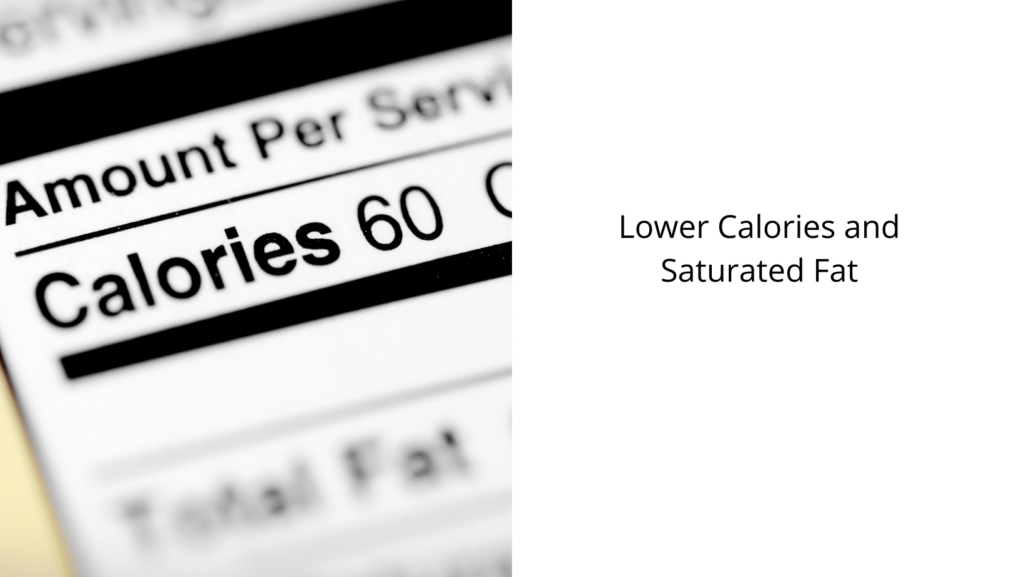
Another benefit of a plant-based diet is its lower calories and saturated fat. Dairy products, such as soy milk, are also rich in vitamins. You can purchase plant-based dairy products or make them yourself. Moreover, many plant foods are rich in protein. Beans and legumes provide a significant source of protein, and soy products can add a meat-like texture to your dishes.
Besides preventing and treating chronic diseases, a plant-based diet benefits overweight people. A plant-based diet is associated with significant weight loss and decreased risks of cardiovascular disease and mortality. So, it may be an excellent solution to the chronic diseases that afflict so many people today.
According to research, eating a vegan diet may lower your risk of death from some cancers by as much as 15%. The high fiber content, vitamins, and phytochemicals found in plant-based foods may protect the body against the development of certain cancers. However, research into the effects of diet on cancer risk has been mixed. The International Agency for Research on Cancer reports that red meat is “probably carcinogenic” and increases the risk of colorectal cancer. A vegan diet may also lower the risk of heart disease by 24%, compared to an omnivorous diet.
Vegans may also need vitamin B12 supplements. Deficient levels can lead to anemia, and the absorption of vitamin B12 decreases as we age. For these reasons, it’s essential to consult a physician before beginning a vegan diet or if you’re considering a supplement.
Lower Chance of Developing Heart Disease
Cholesterol is a major component of animal products such as chicken, eggs, shrimp, and dairy. This can cause blood vessels to clot and increase the risk of developing heart disease, the number one killer in America. We can reduce our risk of developing heart disease by changing our lifestyles, such as our diets. Plant-based foods are low in cholesterol, so it is a good idea to go vegan if you have concerns about your heart health.
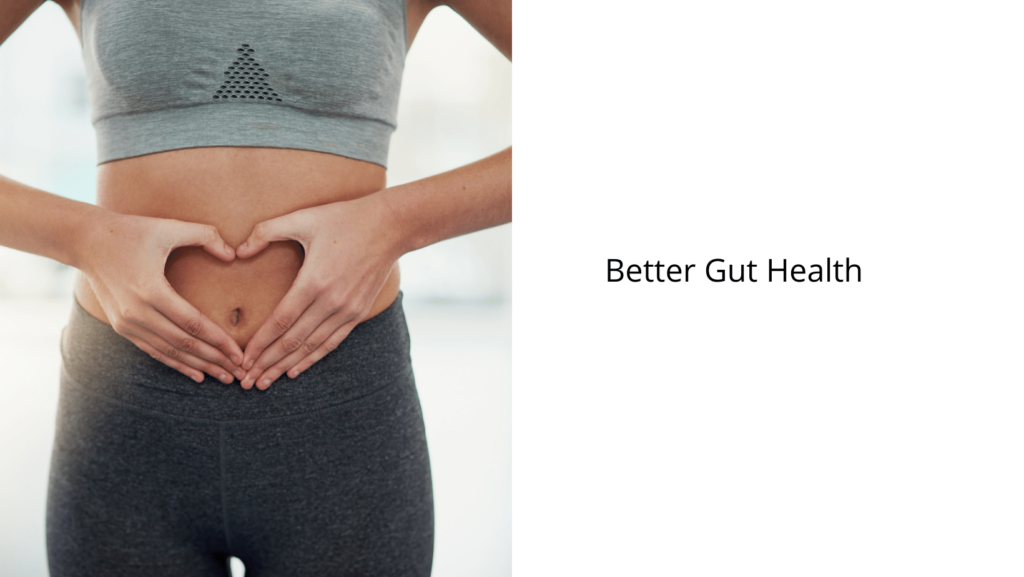
Better Gut Health
You may be able to find relief if you are one of the many Americans suffering from gastrointestinal problems. Vegetarian foods are high in fiber, vital for maintaining a healthy gut. Animal products, however, contain very little or no fiber. Also, vegan foods do not contain lactose (a sugar compound found in milk or other dairy products). More than 65% of the world’s population has lactose intolerance, which means they cannot digest cows milk properly. Many people are surprised to discover that dairy products have been eliminated and they can no longer feel the “abdominal pains, bloating and gas, nausea and diarrhea” caused by dairy products.
Lower Chance of Developing Cancer
Cancer is the leading cause of death in America. While we are still far from a cure, there are ways to reduce the risk of developing cancer. Researchers compared the eating habits of almost 70,000 volunteers to find that vegans had the lowest cancer rates. This could be because vegans avoid processed meat, which includes hot dogs, bacon, and cold cuts. Even though processed meat is classified as a “known cancergen” by the World Health Organization, it is still in the same category of cigarettes and ultraviolet radiation.
Diabetes Risk Is Lower
Millions of Americans are already suffering from Type 2 Diabetes, with millions more at risk. Type 2 diabetes is directly linked to the food we eat. It’s possible to reduce your risk by switching to plant-based diets. Because vegan diets can help to control blood sugar levels and prevent the depletion of insulin that causes chronic diabetes, According to the Harvard School of Health, a diet that excludes animal products can reduce your risk of developing diabetes by as much as 20%. Some people can reverse Type 2 diabetes by switching to a plant-based, whole-food diet.
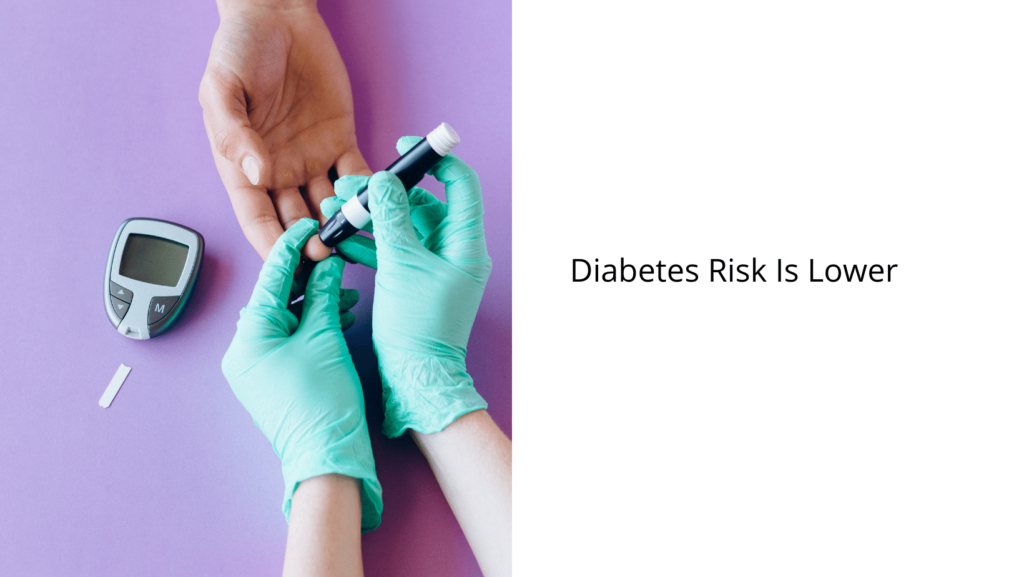
Better Mood and Brain Health
It’s interesting to note that the bacteria in our stomachs does not only impact our gut health but also help produce hormones that affect our brain function.
Is It Difficult to Be Vegan?
As we have seen, there are many benefits to living a vegan lifestyle. It can be daunting to make big changes in your lifestyle and food choices. It’s easier than ever to go vegan, thanks to the popularity of plant-based products. There are many helpful tips, tricks, and tools that you can use to assist you in your journey. Here are six ways to get started.
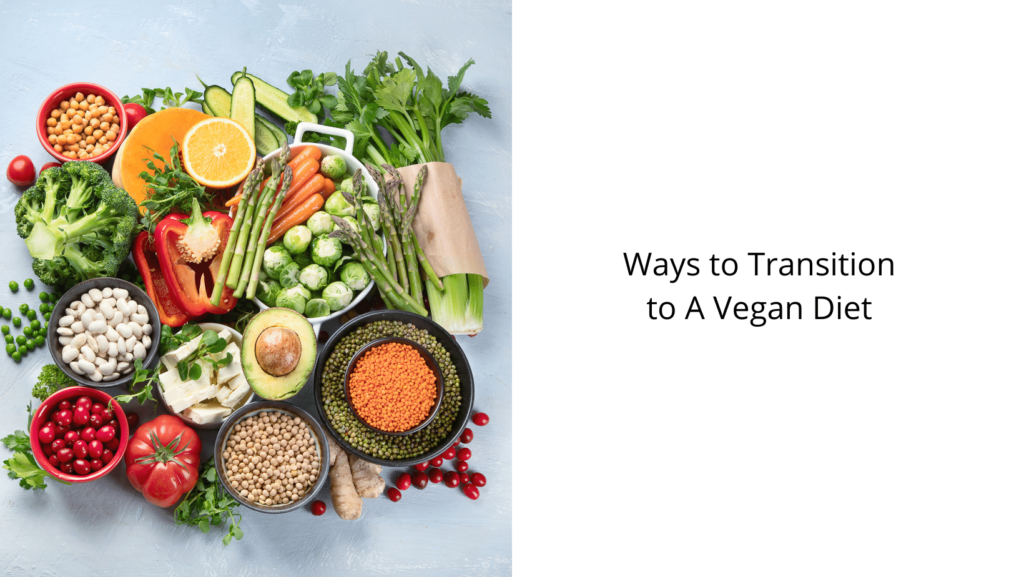
Ways to Transition to A Vegan Diet
Transitioning to a vegan diet can be difficult, but if you plan it out, it can be less difficult than you think. The first step is to familiarize yourself with veganism and learn as much as you can about it. Research the benefits of a vegan diet, find your reasons, and learn about how to eat a plant-based diet best. In addition, become familiar with ingredients and their sources.
Start out by adding more plant-based foods to your meals. You can incorporate things like tofu and legumes into your diet. You can also start by eating more nuts and seeds. Eventually, you can stop eating animal products altogether. In the meantime, you can gradually phase out other animal products, starting with dairy and eggs.
Next, try vegan dishes you haven’t tried before. Try new ones at least once a week. You may be surprised at the variety of vegan food out there. As time passes, your body will get used to the change and will no longer crave animal-based foods. Also, it will help to join a vegan club or volunteer for an animal-rights organization.
When transitioning to a vegan diet, try to stay away from processed foods. You should try to stick to fresh, whole foods and read about nutrition and how to prepare different foods as much as possible. Hiring a plant-based dietitian can also help you with this.
Another way to transition to a vegan diet is to meet new vegan friends in your local area. You can swap recipes with them and even plan a vegan lunch together. This will help you get familiar with new vegan options, and you can even watch some documentaries together. By getting together, you can share your experiences and make great friend.
If you’re already a vegetarian or a meat eater, you can begin the transition to veganism by eliminating dairy and eggs. As you become accustomed to plant-based foods, you’ll be able to add more plant-based foods to your daily meals. This will allow you to transition to veganism more easily.
Changing your eating habits takes commitment and hard work. You’re bound to make mistakes along the way, but don’t worry. Eating fresh fruits and vegetables will ultimately benefit you, your planet, and the animals. Celebrate your successes and use them as motivation to continue your transition.
Once you have decided to go vegan, stock up on produce and healthy grains for the rest of your meals. You can also replace dairy milk with unsweetened almond milk. You can also find healthy fats in nuts, such as flax, hemp, and chia seeds. Legumes are also a great staple and will help round out your meals.
You should also try experimenting with plant-based substitutes for dairy. Learn about nutritional yeast and other plant-based products. For example, you can make your vegan sour cream, tofu ricotta, and coffee creamer. It may take a week or two to adjust to life without dairy if you’ve never tried vegan.
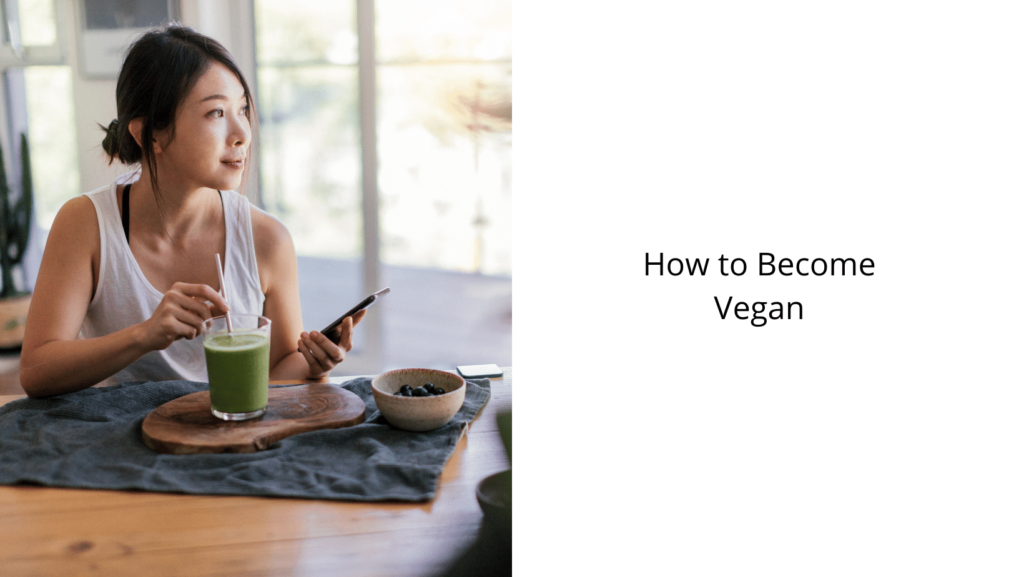
How to Become Vegan
1. Find out more
If you found this article, you probably already began researching vegan lifestyles. This is your first step in making the change! You can also find many books, websites, or documentaries that will help you understand veganism and why it’s important to make the change. This brings us to the next step.
2. Find Your Why
We have already discussed some reasons people might want to be vegan, including for animal welfare, the environment, and their health. Why are you vegan? It will be easier to stay on track if you know what inspired you to embark on your plant-based journey.
3. Before Subtracting, Add More
Start small if you find the idea of changing your eating habits overwhelming. Start by gradually adding more plant-based foods into your diet, while slowly eliminating meat, dairy, or egg products. You can introduce new foods to your diet by trying a different plant-based recipe at least once a week, or even going out to a local vegan restaurant.
4. Ask for Help
Veganism is not something that happens automatically. Even people who have been vegan for many decades had to make the transition. Ask others for assistance with recipe changes, grocery lists, and ingredient substitutions. Many online communities allow vegans to connect with others and share their experiences, even if they don’t live near you. Reddit and Vegan Facebook groups are great places for finding vegans in your area or around the globe.
5. Show Kindness to Yourself
It can be difficult to commit to any lifestyle change. It’s important to keep in mind that every meal you eat makes a difference. Even if you make a mistake every now and again, even one meal made from plant-based ingredients can reduce the amount of carbon emissions required to drive across the country. This is a significant impact!
6. Don’t Give Up
According to behavioral science, it takes 2-8 months to create a habit and then stick with it. It is possible to face challenges along the way, but it will become easier if you persevere.

What Foods Should I Eat in Order to Be Vegan?
There is no right or wrong way to veganise. It’s possible to adapt a vegan lifestyle to different cultures and cuisines. You can even incorporate familiar foods and use plant-based products to replicate the texture and taste of meat and dairy. You don’t need to feel that you are missing out on any of the benefits of being vegan. You may actually find yourself more open to trying new foods!
There are some things you can do to make a transition to a vegan diet.
Vegan Omnivore
If you are currently following an omnivorous diet (a diet that includes meat and dairy as well as eggs), then it is worth slowly but consciously cutting out animal products in order to go vegan. You can either start by removing and replacing one ingredient or pick one day per week to go vegan, such as Meatless Monday.
It may be useful to have two lists to transition from omnivore vegan to omnivore. One list will list animal-based foods you will gradually eliminate and another list that will list plant-based foods that can be added to your meal plan. You may find it easier and more enjoyable to eat vegan whole time as you discover more plant-based food options.
Vegetarians Followed Closely by Veganism
It is helpful for some people to transition to veganism by eating a vegetarian diet that excludes beef, chicken, pork, fish, and other animal products. Vegetarianism differs from veganism in that vegetarians can still eat milk and eggs.
You can also start incorporating more plant-based options to eggs and dairy as you move along, similar to the omnivore to vegan transition. For example, you could replace your morning eggs with a delicious and protein-rich tofu scramble or order your favorite coffee with oat milk instead of cow’s milk. There are many dairy-free milk alternatives available. However, you will not be able to reap the health, environmental and ethical benefits of going vegan unless you also stop eating dairy and eggs.
Veganise to The Max
It is not for everyone. Some people may feel motivated to stop eating animal products and become vegan immediately after learning about the benefits of veganism. It can be difficult, but it is possible if you are up to the challenge. You are making a good choice for animals, the planet and your health.
Becoming Vegan FAQ
How Do I Become Vegan?
There is no one answer to this question. You can become vegan gradually or overnight, depending on your preference. Some people find it helpful to start by removing and replacing one ingredient at a time, while others find it easier to switch to a vegan diet all at once. There are many resources available to help you make the transition, including online communities, cookbooks, and blogs.
What Are Some Good Reasons to Become Vegan?
There are many reasons to become vegan, including ethical concerns for animals, environmental sustainability, and improved health. Veganism is a growing movement, and more and more people are choosing to adopt this lifestyle every day.
Is It Hard to Be Vegan?
It can be challenging to make the switch to a vegan diet, but it is definitely possible. With so many delicious plant-based options available, you’ll likely find that being vegan is not as difficult as you may have thought. Additionally, there are many resources available to help you make the transition, including online communities, cookbooks, and blogs.
What Do Vegans Eat?
There are a variety of plant-based foods that vegans can eat, including fruits, vegetables, grains, legumes, nuts, and seeds. Many familiar foods can be made vegan by simply replacing animal-based ingredients with plant-based alternatives. There are also many delicious vegan recipes available online and in cookbooks.
What Are Some Vegan-Friendly Protein Sources?
There are many vegan-friendly protein sources, including beans, lentils, tofu, tempeh, seitan, and quinoa. These foods can be incorporated into a variety of recipes or eaten on their own. Additionally, there are many plant-based protein powders and supplements available on the market.
What Are Some Vegan-Friendly Dairy Alternatives?
Many vegan-friendly dairy alternatives are available, including soy, almond, cashew, and coconut milk. These products can be used in place of cow’s milk in coffee, cereal, baking recipes, and more. Additionally, many vegan cheese and yogurt products are available on the market.
What Are Some Vegan-Friendly Egg Alternatives?
Many vegan-friendly egg alternatives are available, including tofu, flaxseed meal, chia seeds, and ripe bananas. These ingredients can be used in place of eggs in recipes for scrambles, omelets, quiches, and more. Additionally, there are many vegan egg replacement products available on the market.
What Are Some Tips for Eating Out as a Vegan?
When eating out as a vegan, it is important to do some research ahead of time to find restaurants that offer vegan-friendly options. Additionally, calling ahead or checking the menu online is helpful before arriving. When ordering, specify that you are vegan and ask about the ingredients in each dish.
What Are Some Tips for Traveling as a Vegan?
When traveling as a vegan, it is essential to do some research ahead of time to find vegan-friendly restaurants and accommodations. Additionally, it is helpful to pack snacks and meals that can be easily prepared. When ordering food, specify that you are vegan and ask about the ingredients in each dish.
What Are Some Tips for Living as a Vegan?
Many resources are available to help vegans live comfortably and healthfully, including cookbooks, online communities, and blogs. Additionally, it is essential to stock your kitchen with vegan-friendly staples and have various recipes on hand. When eating out or traveling

